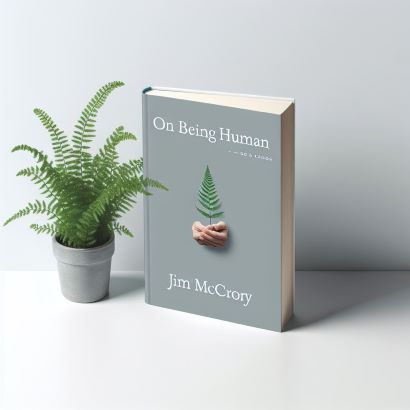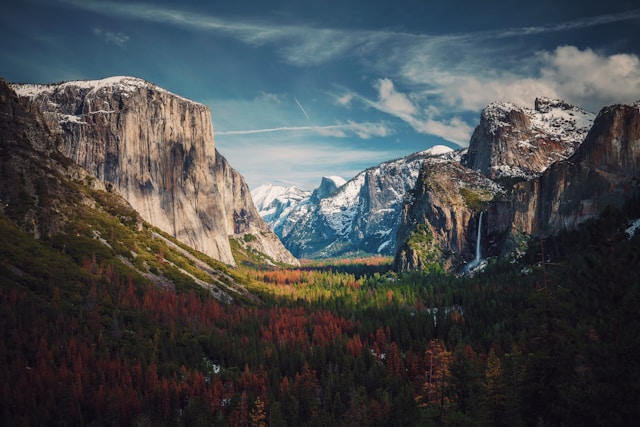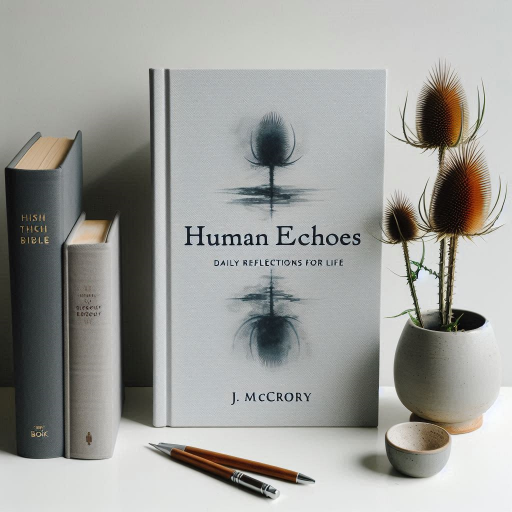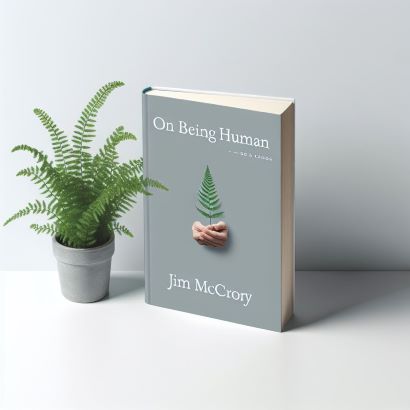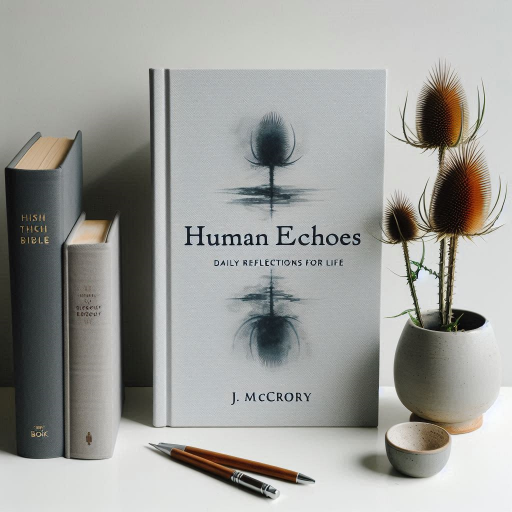"Religious compromise may begin not with a doctrinal shift,
but with a subtle silence—when we know what’s true but say nothing."

Image generated with the assistance of Microsoft Copilot
Dear Dietrich,
I never met you, and yet I feel as though I know you. Not through textbooks or dusty archives, but through the fire in your words, the clarity of your convictions, and the quiet strength of your example. Your life speaks into mine like a still small voice, reminding me of what it means to truly follow Christ.
You lived in a time of great darkness. The rise of Nazi Germany brought out both the best and the worst in humanity. What haunts me still is how many religious leaders, men with supposed spiritual authority, bowed before that darkness. They compromised. They colluded. They became silent when silence was betrayal.
But you did not.
You stood when others cowered. You spoke when others chose polite evasion. You loved—not as sentiment, but as sacrifice. And for that, you paid the ultimate price. You became, to me, a kind of Christian Schindler—a man who could not remain untouched while evil advanced. A man who, in the imitation of Christ, laid down his life for others.
Many religious groups mirror the compromise of your time—aligning with power, silencing dissent, and forgetting that to love God is to love people, not institutions or religious organisations who were self-sparing. I watched as loyalty to the organisation was placed above compassion, above conscience, even above Christ.
So, I read your words with a sense of deep kinship. You remind me that true Christianity is not about comfort or conformity. It is a call to courage, a summons to stand even when the cost is everything. You taught that grace is not cheap, and that discipleship demands more than attendance or appearance—it requires a cross.
What amazes me is not only your intellect, your theological brilliance, or your eloquence. It’s your heart. You felt the suffering of others. You wept for the Jewish people, your fellow human beings, your brothers and sisters in God’s image. You saw them not as "others" but as neighbours—and ultimately, friends worth dying for.
I wonder what you would say to us today, in our age of noise and division, where the Church is often caught between silence and slogans. Would you challenge us as you challenged your own generation—to confess Christ not merely with our lips, but with our lives?
Your legacy isn't just in what you wrote—though Letters and Papers from Prison remain a profound gift. It’s in what you chose. You chose love over hate. Truth over safety. Christ over compromise. And in an age where love for God and Christ will be tested in forthcoming times, your stance is inspiring.
And for that, I honour you. I thank God for your life.
With respect and gratitude,
Jim
Do not be conformed to this world, but be transformed by the renewing of your mind.
Then you will be able to test and approve what is the good, pleasing, and perfect will of God.
— Romans 12:2 (BSB).

